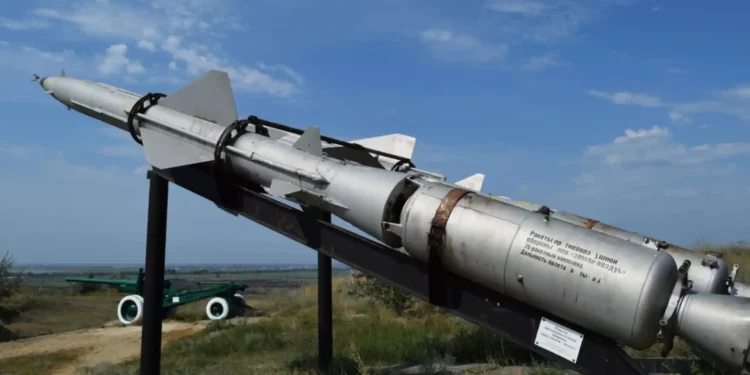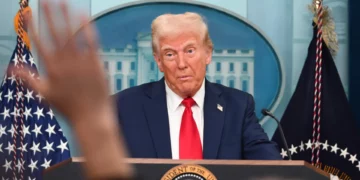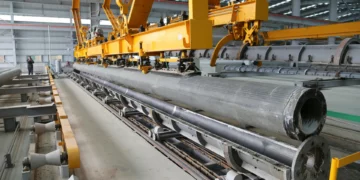The amount spent on nuclear weapons has increased by 34%, or $23.2 billion, in the last five years since Ican started its investigation
The International Campaign to Abolish Nuclear Weapons (Ican) has estimated that global spending on nuclear weapons will have increased by 13% to a record $91.4 billion in 2023.
The new figure has increased by $10.7 billion more than the previous year and is mostly the result of higher defense budgets during a period of increased political unrest mainly caused by Russia’s invasion of Ukraine and the conflict between Israel and Hamas.
Ican also stated that all nine nuclear-armed countries in the world are increasing their spending. The second biggest spender is thought to be China with a budget of $11.9 billion. Beijing’s total, however, is far less than the $51.5 billion that the US is said to be paying.
Russia bags the third place with $8.3 billion, right behind France ($6.1 billion) and the UK ($8.1 billion). However, estimates for authoritarian nations and the three nations—India, Pakistan, and Israel—that have undeclared programs are all hampered by a lack of transparency.
One of the research’s authors, Susy Snyder, expressed concern that nuclear states are “on course to be spending $100bn a year on nuclear weapons” and suggested that the funds might be better utilized for social and environmental programs.
“These billions could have been used to improve health and education services globally, fight climate change, and save animals and plants that support life on Earth from extinction,” Snyder stated.
The amount spent on weapons has increased by 34%, or $23.2 billion, in the last five years since Ican started its investigation. During that period, US spending rose by 45%, while UK spending jumped by 43%. If current trends continue, US spending will top $100 billion by 2024.
Since initiating the full-scale attack in February 2022, Russian President Vladimir Putin has frequently referred to his nation’s nuclear resources to caution the West against a direct military engagement in Ukraine. Additionally, in May, Russia started a series of drills modeling the use of tactical nuclear weapons close to the Ukrainian border.
The Stockholm International Peace Research Institute (Sipri) has compiled further data that indicates a marginal increase in the total number of operational nuclear weapons, at 9,585, primarily due to China‘s decision to increase its arsenal from 410 to 500.
As they have been since the 1950s, the US and Russia continue to be the two biggest nuclear powers, holding almost 90% of all warheads. According to the experts, Russia possesses 4,380 nuclear warheads that are either deployed or stored, while the US has 3,708 warheads.
Despite public declarations from Putin and Belarus’s president, the Sipri researchers stated that “Russia is estimated to have deployed about 36 more warheads with operational forces than in January 2023,” but they added that there was no concrete proof that Moscow had placed any of its nuclear missiles in Belarus.
The United Kingdom and France both have nuclear weapon arsenals estimated to be 225 and 290, respectively. However, three years ago, the UK said that it would increase the maximum number of warheads it was willing to stockpile to 260 Trident warheads in order to address perceived threats from China and Russia.
“We have not seen nuclear weapons playing such a prominent role in international relations since the cold war,” stated Wilfred Wan, the director of Sipri’s weapons of mass destruction program.
He compared the total number of weapons in use to a joint declaration that China, Russia, the US, the UK, and France signed in 2022. The five nations reaffirmed their prior declaration that “a nuclear war cannot be won and must never be fought.”

















